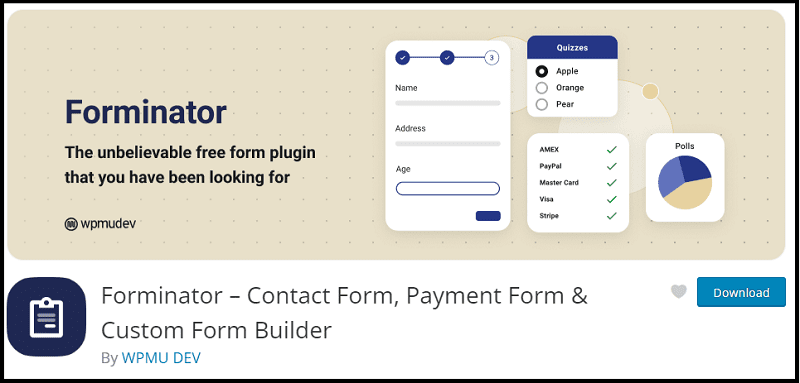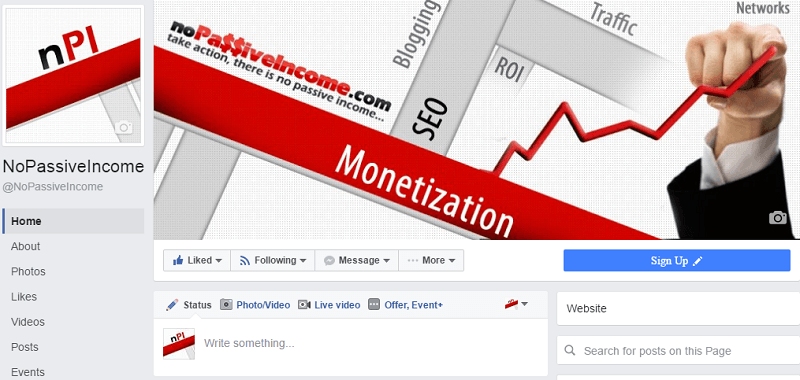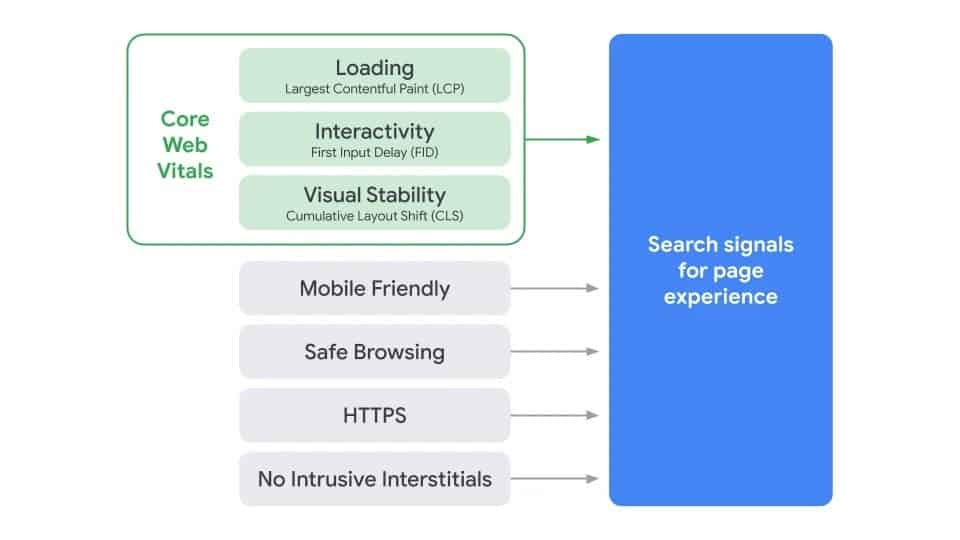When people think of financial growth, they often look to stock portfolios, side hustles, or promotions at work. But one of the most overlooked sources of wealth-building potential is your own home. Improving your home life can yield surprising financial benefits—from reducing costs to enhancing productivity and even boosting property value. Here’s how making thoughtful changes at home can contribute directly to your bottom line.
Table of Contents
1. Efficiency is Key

One of the easiest ways to increase financial stability is to reduce recurring expenses. Upgrading to energy-efficient appliances, insulating your home properly, and even switching to LED lighting can lower monthly utility bills significantly. It’s an upfront investment that continues to pay off for years. Smart thermostats and water-saving fixtures are also simple additions that contribute to long-term savings.
2. Time Is Money—Make Home Life Smoother
Streamlining chores and household routines doesn’t just free up time—it allows for better focus on income-generating activities or quality time with family, which can reduce stress and improve overall decision-making. For example, automating your grocery list and cleaning schedule might save just a few hours a week, but those hours can be reinvested into career development, a side business, or rest that increases your productivity.
Similarly, maintaining your property in a way that reduces upkeep time can help. Landscaping, for example, is necessary but time-consuming. Investing in tools like zero turn mowers can dramatically cut down on the hours spent mowing the lawn, especially for larger properties. That’s time you can put into more lucrative or rewarding pursuits.
3. Your Home as a Revenue Stream
Your home can become an active part of your financial strategy. Renting out a room, converting a basement into an Airbnb, or even using your garage as a workshop or storage rental can generate passive income. These aren’t just side gigs—they’re strategic decisions to monetize underused space.
Additionally, consider remote work. Setting up a dedicated and comfortable home office can open the door to higher-paying remote roles or freelance opportunities if your job allows it. A good workspace helps you focus better, meet deadlines more effectively, and balance work-life dynamics in a way that reduces burnout.
4. Long-Term Value through Maintenance and Upgrades
Well-maintained homes appreciate in value more consistently. Regular upkeep, timely repairs, and smart improvements (like adding a deck, upgrading a kitchen, or finishing a basement) make your home more enjoyable and increase resale value. Even smaller updates like fresh paint or modern fixtures can offer a high return on investment when it’s time to sell.
5. Mental Health and Decision-Making
A well-organized, peaceful home supports better mental clarity, which leads to better financial choices. When you’re not overwhelmed by clutter or household chaos, you’re less likely to make impulsive purchases or neglect important financial planning tasks.
Final Thoughts
Improving your home life isn’t just about comfort—it’s a proactive step toward financial wellness. From time savings and energy efficiency to property value and mental health, the impact of a well-managed home ripples into every aspect of your financial picture. Think of your home as more than just a place to live—it’s a powerful financial asset waiting to be optimized.
























